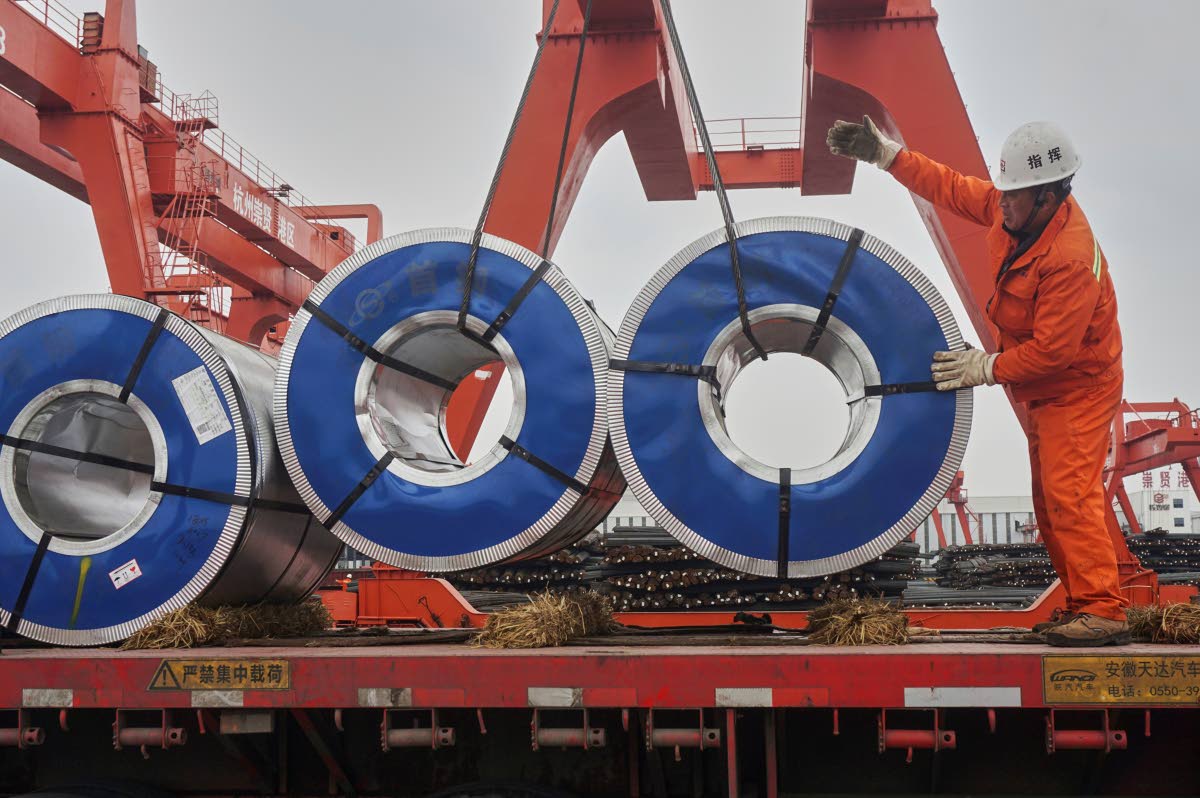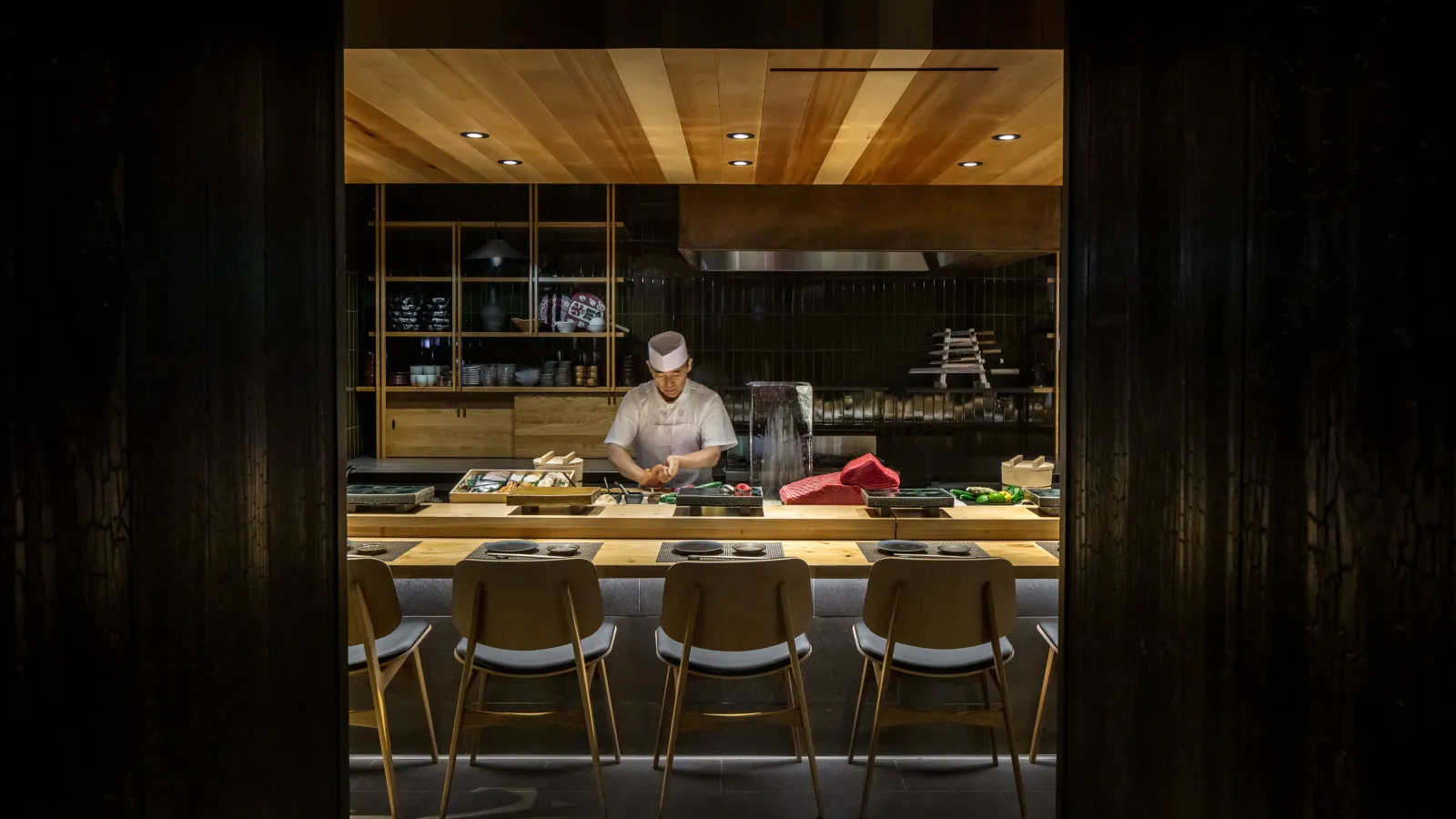By Newsday
Copyright newsday

I had the privilege of travelling to Yiwu City in Zhejiang Province with a delegation from the Caribbean, hosted by China’s Ministry of Foreign Affairs.
What we witnessed was nothing short of breathtaking: the deliberate construction of what China envisions as the largest trading hub in the world – a city that has already earned the title of the “world’s supermarket.”
For anyone unfamiliar with Yiwu, think of it as the national showroom of China.
The country is massive, and for foreign businesses, navigating where to start can feel overwhelming. Yiwu solves this by serving as a central starting point: vendors, manufacturers and traders from all over China have permanent setups there.
Once connections are made in Yiwu, those relationships extend into every corner of the country.
From street peddlers to a global marketplace
Yiwu’s rise is a story of grassroots entrepreneurship.
In the late 1970s, poor farmers and traders, forbidden by the state to do business, set up illicit roadside markets to survive.
By 1982, local leaders broke ranks with Beijing and legalised trading under the “Four Allows” policy – allowing farmers to sell, long-distance trafficking, multi-channel competition and the creation of markets.
Fast forward to today, and Yiwu is home to over 75,000 individual booths trading 400,000 products across 40 industries.
It is estimated that nearly 600,000 foreign visitors come annually, with 15,000 foreign traders living permanently in the city.
The numbers behind the “world’s supermarket”
Yiwu’s economy continues to surge. Between January and July 2024, its import and export value hit US$53.1 billion, up 18.1 per cent year-on-year.
Exports reached US$47.0 billion, led by labour-intensive goods like textiles (up 23.5 per cent) and mechanical and electrical products (up 15.6 per cent).
Sporting goods spiked by 37.8 per cent, driven by global events like the European Cup and Olympics.
But perhaps more interesting is Yiwu’s pivot from “sell global” to “buy global.”
The city is addressing its 1:10 import-to-export imbalance, aiming to push imports to US$14 billion by the end of 2024 and US$42 billion by 2030.
For Caribbean exporters, that means an opening: Yiwu doesn’t just want to sell to the world – it wants to buy from it.
The future: Yiwu’s global digital trade centre
The crown jewel of Yiwu’s evolution is the Yiwu Global Digital Trade Centre (GDTC) – a CNY 8.2 billion project spanning 1.25 million square metres. It is described as a “sixth-generation market,” blending physical trade with cutting-edge technologies like AI, blockchain, IoT and 5G.
At its heart is the “digital brain” – a sci-fi inspired hub that integrates product display, business exchanges and data services.
Already, 30,000 Yiwu merchants use AI daily, producing multilingual videos in English, Spanish and Arabic to promote products. Blockchain underpins transaction trust, offering tamper-proof trade records.
Yiwu is also positioning itself financially with Yiwu Pay, a global payment platform partnered with over 400 banks across 100 countries, designed for the small-value, high-volume transactions typical of e-commerce.
Why this matters for the Caribbean
For small businesses in the Caribbean, Yiwu is a game-changer. Unlike most wholesale hubs that demand massive bulk orders, Yiwu vendors often allow minimum order quantities (MOQs) as low as ten-50 pieces.
Add in the logistics advantage – the ability to consolidate products from dozens of suppliers into one shipment – and Caribbean SMEs can now test products and scale without crippling upfront costs.
At the same time, the risks are clear.
China’s growing influence in the Caribbean has sparked debates around trade imbalances and debt dependencies.
In 2020, the region held a US$51.2 billion trade deficit with China.
Countries like Suriname already owe over 14 per cent of GDP in debt to China, complicating IMF negotiations.
This means our engagement with Yiwu must be strategic, not passive.
It cannot be about replacing one dependency with another, but about diversifying supply chains and positioning the Caribbean as both a buyer and a seller in this new global ecosystem.
Final thoughts
Walking through Yiwu’s Global Digital Trade Centre felt like looking into the future of commerce.
This is beyond just a marketplace – it’s China’s bid to redefine global trade.
For the Caribbean, the message is clear: Yiwu offers lower sourcing costs, global logistics, and a path to sell into China’s vast consumer market. But we must engage strategically, aware of the geopolitical stakes.
The global trading map is being redrawn – and if the Caribbean wants a seat at the table, it starts here.
Keron Rose is a Caribbean-based digital strategist and digital nomad currently living in Thailand.
He helps entrepreneurs across the region build their digital presence, monetise their platforms and tap into global opportunities.
Through his content and experiences in Asia, Rose shares real-world insights to help the Caribbean think bigger and move smarter in the digital age.
Listen to the Digipreneur FM podcast on Apple Podcasts, Spotify, or YouTube.



